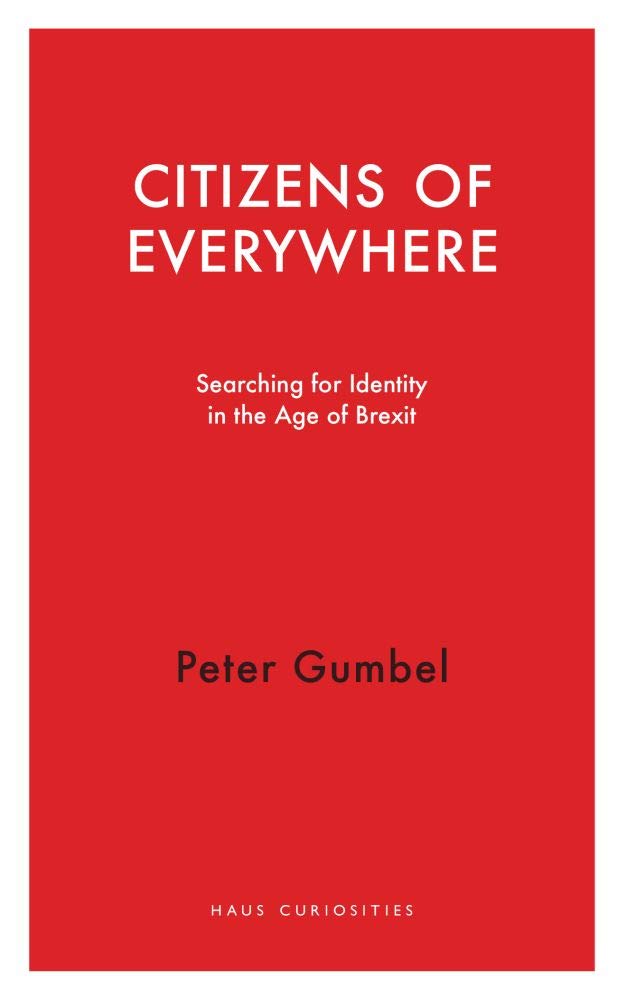On a sunny Tuesday morning in September 2019, my elder daughter and I walked into the German consulate in Paris with our British passports and reemerged fifteen minutes later as German citizens.
History had come full circle: 80 years and six months earlier, in March 1939, my maternal grandparents fled Nazi Germany after months of increasingly desperate efforts to leave the country. They got out just before the borders closed and went to England, which they viewed as a bastion of freedom and safety. Stripped of their German nationality, they remained stateless until 1946, when they became naturalised British citizens.
If anybody had told me even a few years previously that I would apply to become German, I would have been incredulous. But times change, and circumstances change with them. After the 2016 Brexit referendum, several members of my family applied for German citizenship as a back-up in the event that Britain’s withdrawal from the European Union should turn out badly. I personally risked having to contend with a welter of bureaucracy post-Brexit to continue living and working in Paris as a British citizen.
Connecting with my historic roots in this way was more than just pragmatism. Brexit challenged the essence of my identity. I made a conscious choice to become German. British by birth, I am European by heritage and conviction, and now I have an unambiguous European nationality to prove it.
Citizens of Everywhere draws on my personal and family history to explore the nature of identity and belonging in today’s world, at a time when national exceptionalism is ascendant in Britain, the United States, and some other countries. I reflect on the resurgence of that nationalistic world view, the growing multiplicity of identity in our digital world, and the surprising reversal of roles, as Germany has replaced Britain as the hope-bearer in Europe.
Above all, my short essay is a reminder of why tolerance and freedom of movement are worth fighting for.

